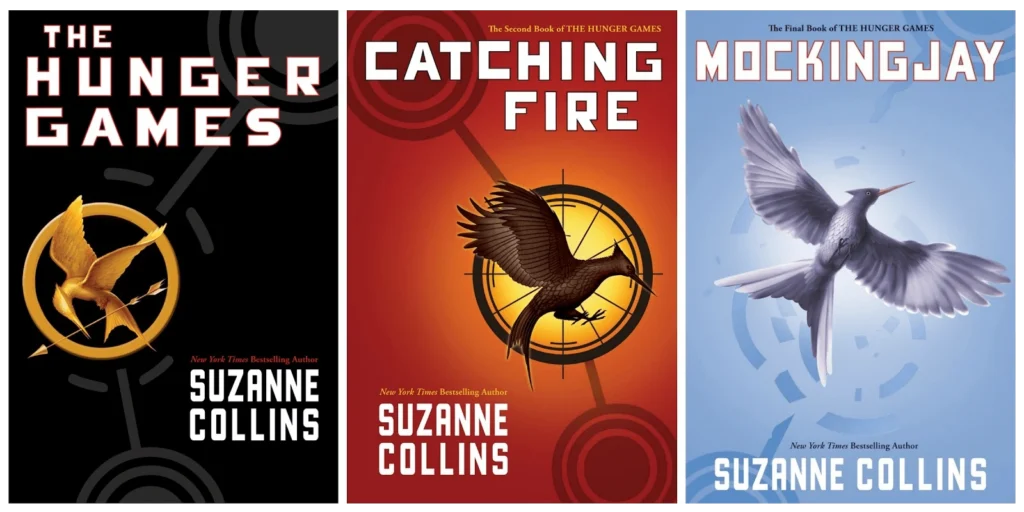
As I say in the introduction of my debut poetry/prose book, The Book of I.P. (Idle Poems), there is a lot of advice that encourages screenwriters to consider adapting their screenplays into prose projects such as novels. There are admittedly pros and cons to this. But no matter what a writer decides, it is imperative to understand the art of prose writing as its own arena– not just a long-winded proof-of-concept. After all, it is the most accessible and common usage of the written word. With so many mediums at our disposal, how do we, as artists, know whether we’re working with a concept that is best served thereby?
How Do We Define Prose?
Prose refers to any form of written or spoken language that follows a natural flow and rhythm of speech without any formal metrical structure or rhyme. It is the most common form of written or spoken language, including various forms, such as novels, short stories, essays, articles, and speeches.
Unlike poetry, which uses rhyme, meter, and other literary devices to create a specific rhythm or pattern, prose uses sentences and paragraphs to convey meaning and express ideas more naturally and conversationally. Prose can be either fiction or non-fiction, and it can be used to tell stories, convey information, express opinions, or explore complex ideas and themes. In this post-modern world of writing, the truth is that prose is just something we know when we see it.

Screenplay vs. Prose
The only dependable way for a writer to really know the difference in their own work is to know which they would prefer to write. If your idea is heavily driven by vignettes and immerses the reader in sight/sound-based experience more than contextual information, you may have a screenplay on your hands. The only thing left to do is to get that idea fleshed out into the correct screenplay format, which is incredibly sparse and informationally economical compared to most prose.
The caveat is, if you enjoy prose with the above characteristics, you might just have a novel or short story with a cinematic writing style. Some may argue that the act structure mandates of a typical screenplay distinctly define it. However, with more and more filmmakers successfully rejecting the traditional Three-Act Structure (such as Moonlight), those lines continue to blur.
If your idea is ultimately there to direct the action of an audiovisual piece, it is a screenplay or a stage play. Nothing defines these project types more than what the writer desires from their end result.
Read More: Is My Story Idea a Movie or a Book?
A ‘Prose’ is Still a “Prose’!
That being said, if a series of sentences and paragraphs are present, it is likely to be classified as prose. It encompasses not only novels and short stories but also academic papers and Twitter threads, much like this blog post. Additionally, in contemporary times, it appears that if it is prose, it has the potential to be considered for adaptation into a movie or television show.

The Hunger Games Series
Novels
Whether it’s a standalone book like The Color Purple or a collection like The Hunger Games, novels have inspired film and TV since movie cameras found commercial use. The empathy that comes with sharing the perspective of another person, even one who is fictional, does incredible things for our ability to understand the human condition.
This is apparent even when the writing forces us to empathize with a character who isn’t human, as in Orwell’s Animal Farm. The publishing industry and the internet define a novel by a length between 50,000 and 110,000 words. If that sounds like a ridiculously vague range, it is– but the upside is freedom.
Read More: 6 Books You Should Read if You’re Writing Prose

Short Stories
Short stories like Joe Hill’s The Black Phone make excellent source material for feature films and (if one can justify the cost of purchasing the rights) short films. The popularity of Stephen King’s “dollar babies” has proven this time and again among short film producers. I, myself, have rolled the dice in collaborating with a friend on a short story adaptation of my short screenplay Hydophobia because it was a more direct and cost-effective way of reaching an audience than producing the film.
Short stories are an art form that continues to inspire because they tend to convey a clear hook or point– and often, a defining twist. From Aesop to Alice Walker, it’s clear that the short story is designed to strike a chord more than play a melody.
Read More: How Do I Find the Right Platform for My Short Story?
Other Forms of Prose
Prose can be found in nearly every form of communication that involves arranging words to convey ideas or stimulate thought. In the digital age, op-eds have gained popularity and have become an art form. Furthermore, some artists are even seeking legal rights to the short, witty phrases and ideas they create on social media. It is remarkable how much value words, phrases, and ideas of various lengths can possess once they are written down and published.

Launch Pad Values Prose, Too
If words are your thing, why not use them in as many ways as you like? The Launch Pad Prose Writing Competition is here to let you know if you have a piece that moves. What we’re looking for:
- Prose work that is original and commercial in its premise/execution
- Exceptional skill and artistry serve the premise and hook the reader
- An effective display of plot and structure is evidenced in the first 50 pages, which also illustrate the premise and compel the reader
- If a longer piece is submitted, a synopsis that articulates an intriguing and sustainable path forward for the rest of the story
- Distinct, believable, and emotionally captivating characters resonantly impact the overarching story and themes
- Dialogue (if applicable) that advances the character, story, and entertainment value of the project
Read More: How Do I Write a Book Producers Will Want to Turn Into a Movie?
Takeaways
The art of screenwriting is deeply rooted in prose writing, which is the foundation for all forms of writing. Prose provides writers with the tools to effectively convey their ideas and emotions to their audiences, whether through screenplays, novels, or short stories.
Screenwriting is a unique form of writing that requires a particular set of skills, including the ability to create compelling characters, construct a well-paced narrative, and develop a dialogue that is both realistic and engaging. All of these skills are honed through the practice of prose writing, which allows writers to develop their voice and style while also refining their storytelling abilities.


